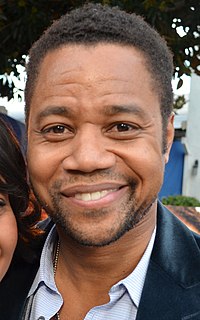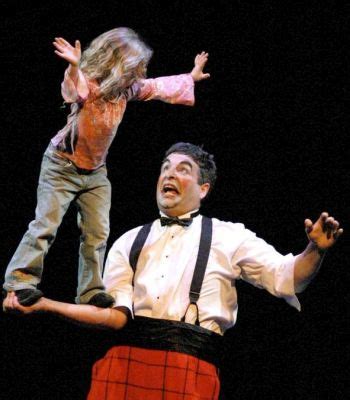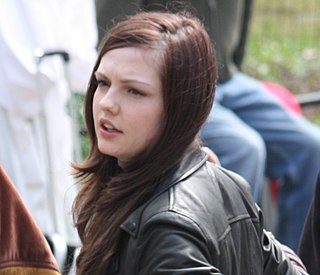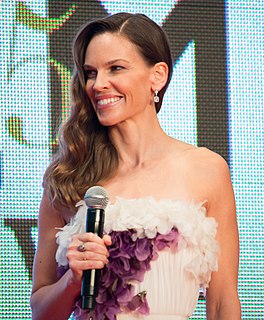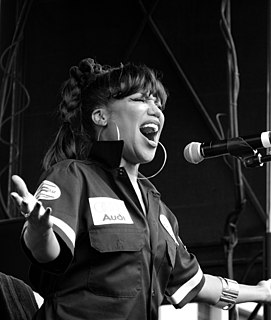A Quote by Stephen Rea
The worst thing for an actor is a director that gets on your nerves and says things that actually confuse you.
Related Quotes
Guy Ritchie is the worst screenwriter in the world, but, to be fair, he is not the worst director. He is only the worst director of the people who actually get to make movies. As we speak, there are human beings walking the Earth - perhaps as many as a half dozen of them - with less directorial talent, but they've been safely diverted into other activities.
The director is the most important because, ultimately, as an actor, when you watch a movie, it looks like an actor is giving a performance, and they kind of are. But, what's actually happening is that an actor has given a bunch of ingredients over to a director, who then constructs a performance. That's movie-making.
You grow up loving movies, and your first instinct is you want to be an actor, because those are the people you see in the movies. But when you actually become an actor, you're like, 'Oh, wait, this is actually only a small portion of the storytelling. If I want to really tell a story, I'd want to be a director.'


